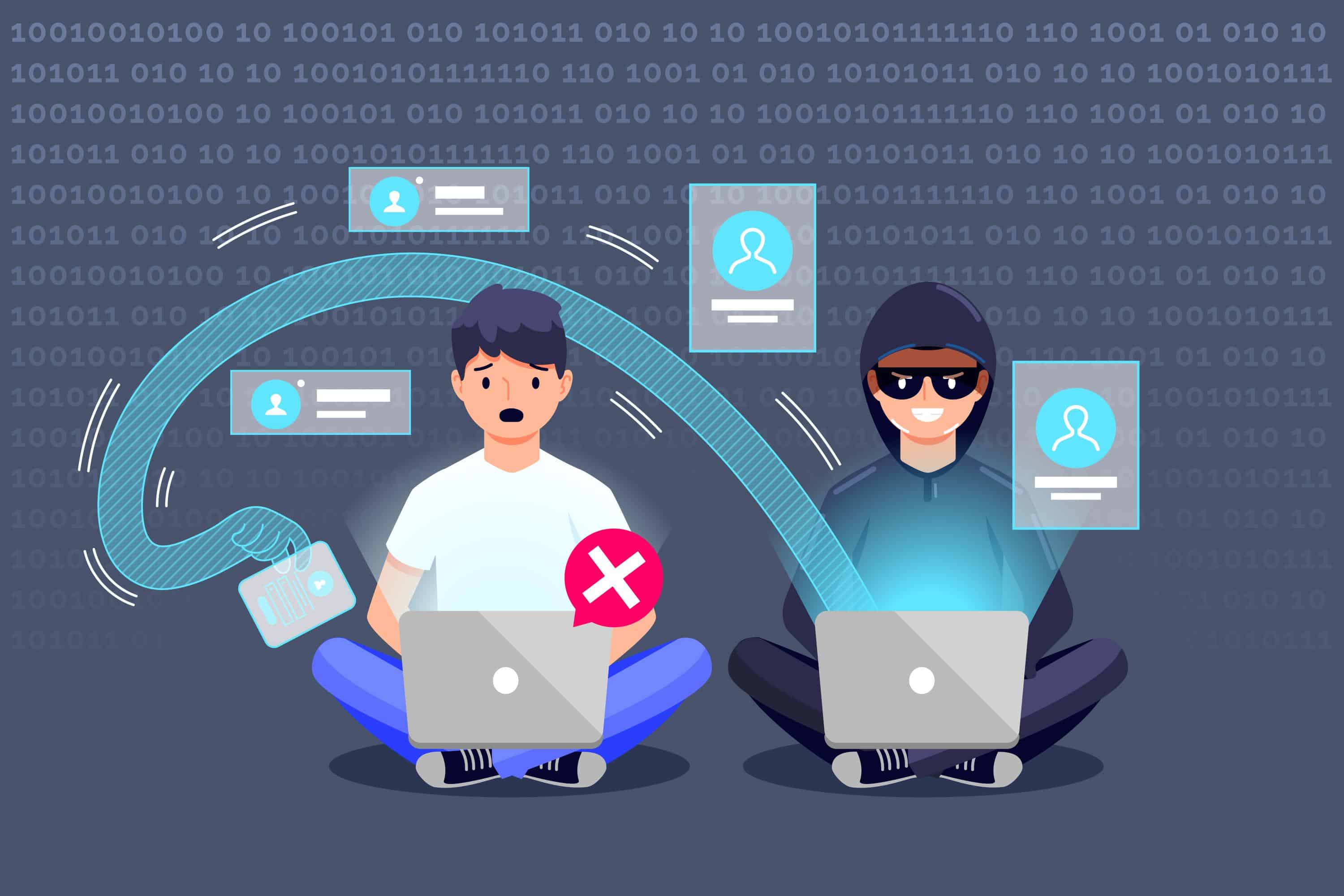Managed service providers (MSPs) have been the focal point of a series of attacks that are starting to draw attention from the public. A study conducted by Vanson Bourne surveyed 200 MSPs across the United States and found that 74% of them have suffered a cyberattack in the past year, with 83% reporting that their SMB customers have suffered one as well.
Fortunately, SecureW2 can provide MSPs with a turnkey cloud-based solution to secure user authentication for their network and their clients’ networks with powerful digital certificates. Learn how our customers are using Cloud PKI and Cloud RADIUS services to improve their network security or check out our solutions page for service providers
The increasing threat for MSPs is a major cause for concern and can only be combated through a stringent focus on cybersecurity. In this article, we are going to see what threats MSPs should be focused on and how SecureW2 can help.
Understanding the Danger Of Malware
Malware is one of the biggest threats to MSPs cybersecurity. Different kinds of malware can be distributed in several ways, often through attachments in email or through insecure websites. For MSPs in 2019, the number of malware attacks detected at businesses jumped 365% between mid-2018 and mid-2019.
The consequences of malware spreading within an MSP can be catastrophic. A breach at a single provider can cripple the operations of hundreds of companies that depend on it.
So what can be done to stop them? You can help protect your customers from malware by using an endpoint management tool like Windows Defender. Implementing automated patching and management of machines can help secure your network. Using email protection tools like G Suite or Office 365 and advanced email protection schemes can look for malware in emails.
An often skipped simple step is ensuring that your employees are trained and well versed in the different tactics cybercriminals employ. Starting a culture in which cybersecurity is at the forefront is an easy way to help mitigate potential threats. To protect the organization from social engineering attacks, hosting regular cybersecurity best practices meetings can make a huge difference. Tips such as being wary of unrecognized emails, using secure communication methods, and backing up files will equip your users to be the defense you need.
What To Know About Phishing Attacks
Phishing has always been a major threat because only one employee needs to be tricked for the whole network to be vulnerable. This type of attack is extremely common as well as, over 90% of data breaches and hacks are the result of phishing email scams.
A solution to phishing attacks is configuring email clients with digital certificates. Setting up a certificate-based network will allow you to create a web of network trust for safe email communication. Many phishing attacks succeed by posing as an IT official and getting a random employee to download malware because they think it is an official IT communication.
Certificate-based networks can run S/MIME, which guarantees authoritative trust so the recipient of the email knows for sure they are communicating with the right person. SecureW2 offers S/MIME onboarding by leveraging your certificate authorities (which we can provide as well) to deliver certificates in S/MIME to the endpoints and guaranteeing email client security. Setting up our PKI in your environment is hassle-free as our software can integrate into your current infrastructure with ease.
Weak Credential Based Networks
A good starting point for proper cybersecurity is getting rid of credential-based networks. Many people reuse passwords or use weak passwords. A man-in-the-middle (MITM) attack could easily infiltrate a credential-based network, steal a password, and then gain access to all of the victim’s other accounts that use the same password. MITM attacks are frightening and can lead to the loss of valuable data; certificates can eliminate that risk.
Passwords fail to identify users on a network because they can be shared easily. You may share a unique password with Person 1, but he could give it to Person 2 and you would have no idea.
Certificates, on the other hand, can easily put an identity to every network connection. Certificates can contain a host of identifying information; MAC Address, email, username, and any other attribute that is contained in your Identity Provider. Unlike passwords, certificates typically cannot be compromised. They’re tied to an identity and cannot be stolen. SecureW2 adds a second layer of protection by ensuring certificates cannot be stolen or exported from devices.
SecureW2 offers everything an organization needs to eliminate Wi-Fi passwords and switch to certificate-based network authentication. We offer a state-of-the-art certificate management GUI, so you can know exactly what is going on in your network and easily give and revoke access from a simple management portal.
Protect Against Security Threats With SecureW2
Organizations of all sizes hold faith that MSPs are keeping their information and data safe from cybersecurity threats. But when the risks involved are not properly addressed, and cybersecurity becomes lackadaisical, the consequences can be serious.
SecureW2’s Cloud RADIUS enables MSPs to offer native integrations for any cloud IDP including Azure and Okta. Our unique multi-customer RADIUS allows MSPs to offer affordable, premium authentication security to all of their clients. Click here to see our pricing.



